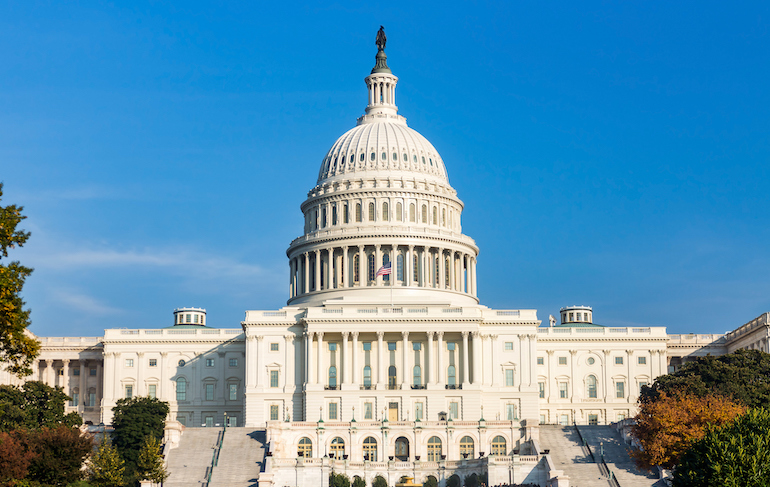
Congress and the White House should bring scholars together to craft a bipartisan solution to civil service challenges.
The Regulatory Review’s recent publication of an excellent series on the federal government’s shutdown in early 2019, along with the release of Paul C. Light’s new book, The Government-Industrial Complex, and the Center for the Study of the Administrative State’s recent conference on the Trump Administration’s efforts to modernize the federal government, together provide a strong case for developing comprehensive civil service reform.
We need to make it easier for agencies to hire, promote, and fire civil service employees. At the same time, however, we must achieve other important goals: protecting these employees from the risk that they will be victims of arbitrary personnel decisions; precluding politicians from using political affiliation or ideological perspective as a basis for personnel decisions; reducing reliance on contractors and increasing agency supervision of contractors; ensuring that officers who make policy decisions are accountable to the President; and safeguarding the decisional independence of officers who adjudicate disputes between private parties and the government.
Some of these changes will appeal to Democrats much more than to Republicans, and others will appeal to Republicans much more than to Democrats. Comprehensive reform of the civil service can be implemented only by passage of a bipartisan statute that reflects compromises between Democrats and Republicans. Unfortunately, Congress has become increasingly unable to enact bipartisan legislation that reflects compromises between members of both parties.
As I have explained in a prior essay in The Regulatory Review, most members of the House of Representatives and Senate are unwilling to make the compromises needed to enact bipartisan legislation for fear of being “primaried.” The vast majority of states and congressional districts are “safe” in the sense that either the Democratic nominee or the Republican nominee is sure to win a general election. That means that generally the only way most incumbents can lose their seats is through a primary challenge. The easiest way to avoid a primary challenge if you are a Democrat is to take positions on the far left and refuse to compromise. The easiest way to avoid a primary challenge if you are a Republican is to take positions on the far right and refuse to compromise.
These incentives lead to gridlock. But there is a proven way of overcoming such partisan impasses. The Congress can return to the process of legislation that eventually resulted in unanimous enactment of the Administrative Procedure Act (APA). Prior to the APA’s adoption, Congress had debated administrative procedural issues for 15 years with no progress. The leaders of Congress then asked three leading scholars with varying political and ideological perspectives to draft a proposed statute: Walter Gellhorn, Carl McFarland, and Dean Acheson. These primary architects of the APA helped the feuding members of Congress agree on compromises of the many issues on which they differed. The resulting bill was enacted unanimously by the House and the Senate in 1946.
The recent efforts of Sally Katzen and Susan Dudley show that the method Congress used in 1946 can work today. Katzen was head of the White House regulatory review office—the Office of Information and Regulatory Affairs (OIRA)—during the Clinton Administration. Dudley was head of OIRA in the Bush Administration. Over the last year, they have teamed up to propose major changes in the methods OIRA uses to review proposed agency rules, publishing their bipartisan proposals in a series of opinion pieces in the Wall Street Journal. Their bipartisan proposals for reform address some of the most important and controversial issues that the President and Congress must address, including how to encourage agencies to engage in review of the effects of existing rules, how to encourage greater participation in the rulemaking process, and whether to extend presidential review of agency rules to independent agencies, the Treasury Department, and the Internal Revenue Service.
To make much-needed reforms to the federal civil service, the President and the leaders of the House and Senate should designate a team of scholars with varying political and ideological perspectives to draft a proposed bill. The list of contributors participating in The Regulatory Review’s recent series provides an excellent starting point for choosing the scholars who are assigned this important task, although obviously the congressional leaders of each party will need to make the final decisions about the composition of the team.
A bipartisan scholarly drafting approach might work as well today as it did in 1946. It is worth a try given the difficulty of finding any other viable path by which Congress can enact legislation reforming the civil service.




